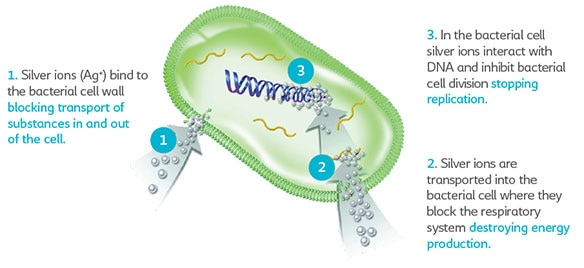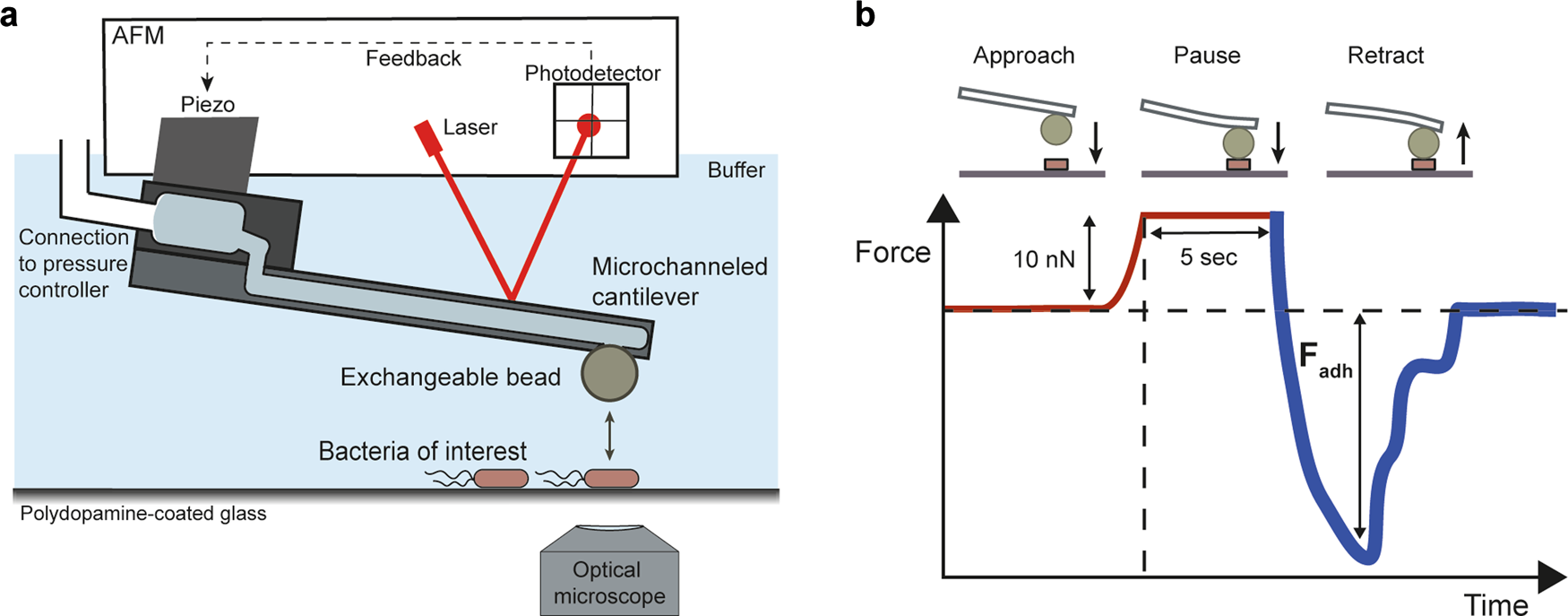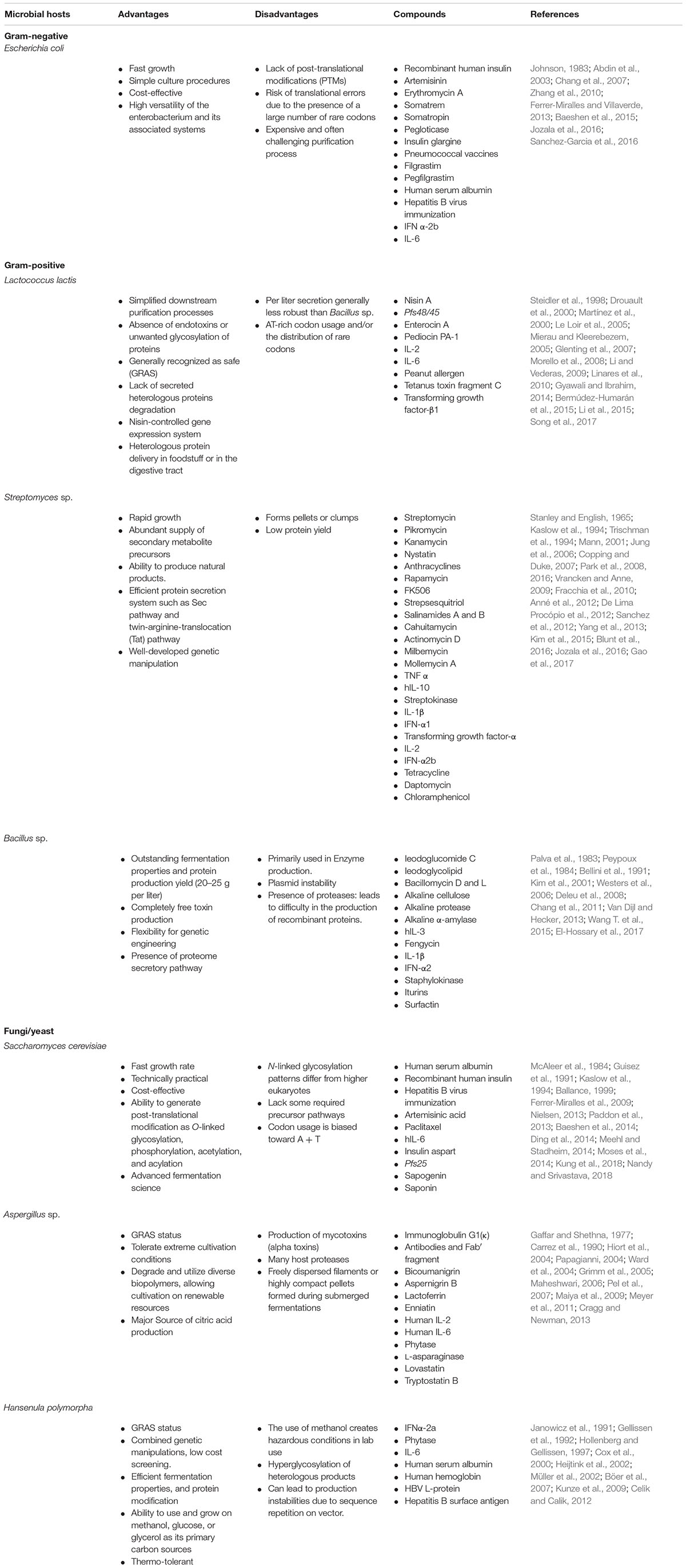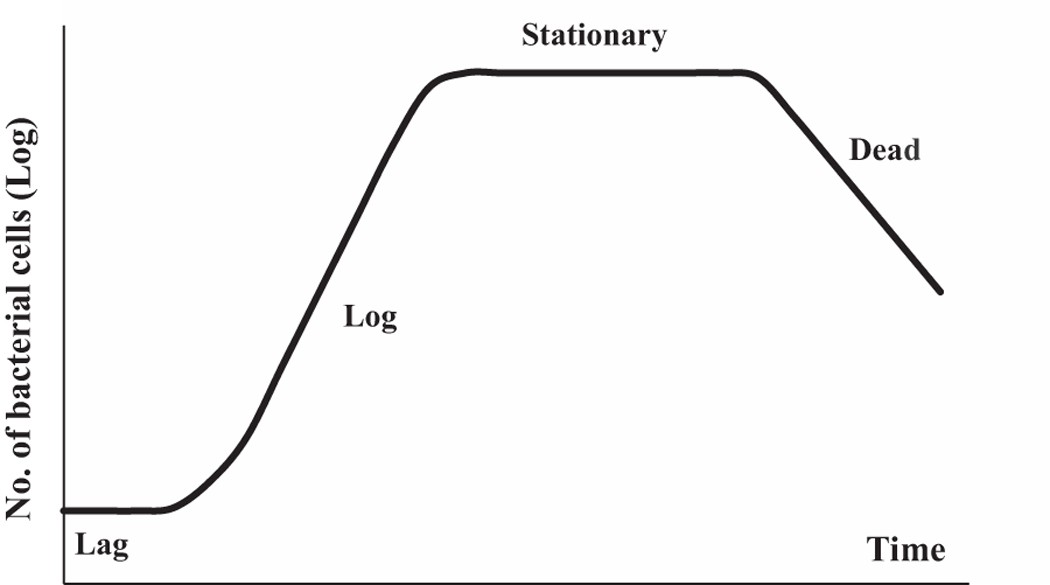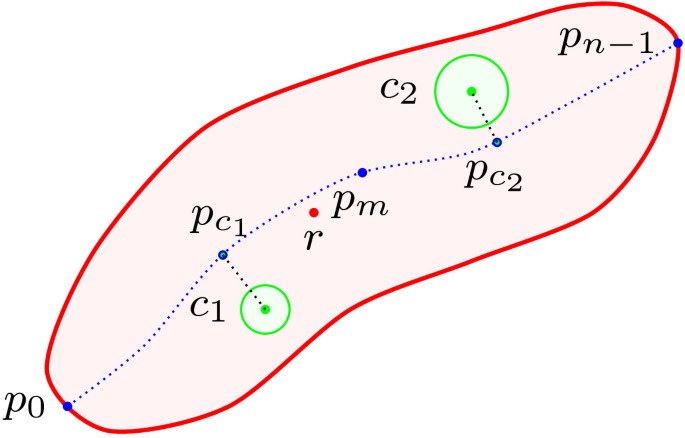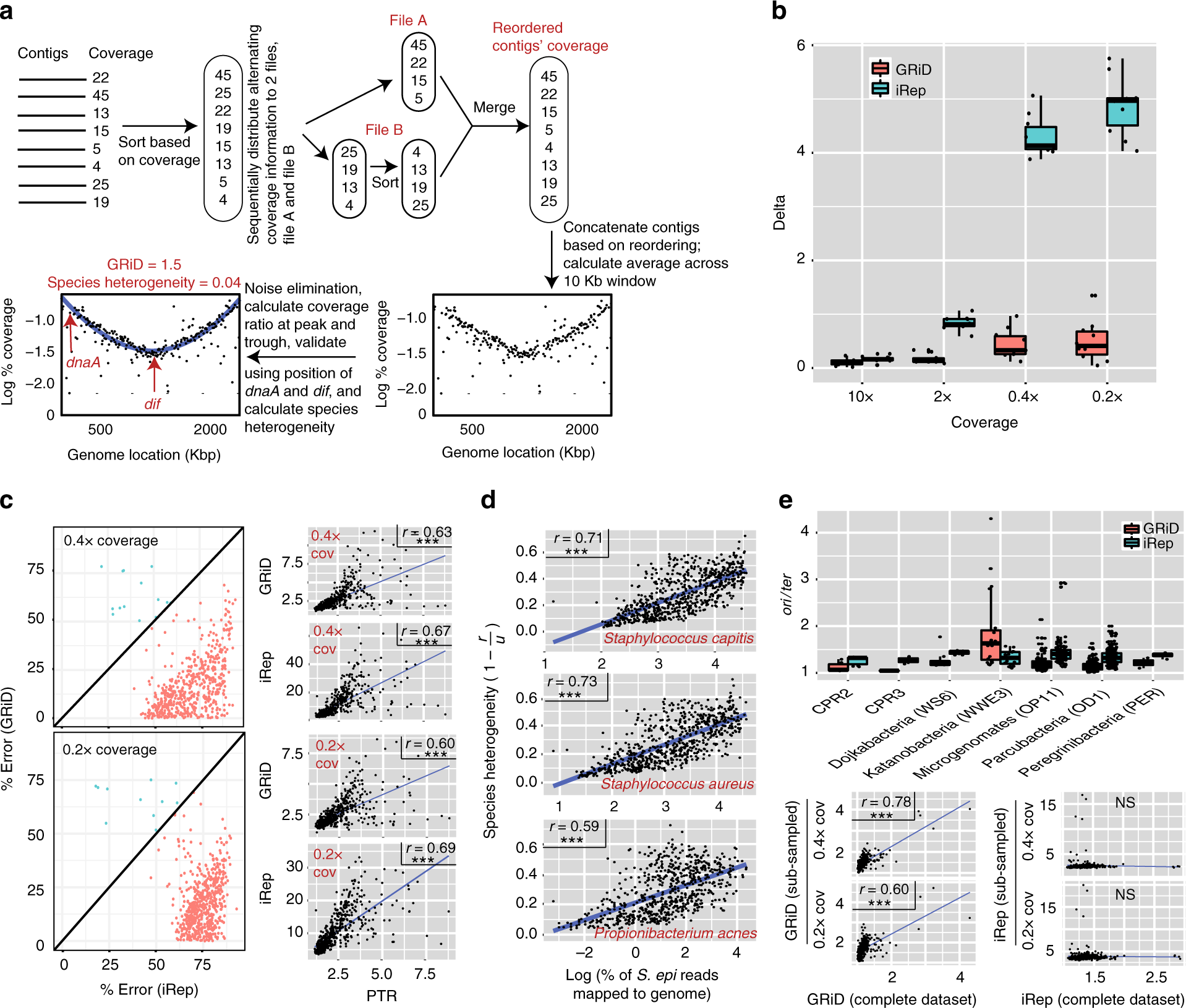Rotate the ocular micrometer by turning the appropriate eyepiece. Start studying micro lab unit 5 1 core concepts control of microbial growth 37.
Revised Estimates For The Number Of Human And Bacteria Cells
Measurement of microbial cell body. There are many different ways to measure the growth of microbial populations. Microbes are loosely classified into several groups based on their. The basic means requires bacterial enumeration cell counting by direct and individual microscopic flow cytometry direct and bulk biomass indirect and individual colony counting or indirect and. After calculations are used to detirmine the sizeusually the procedure is done indirectly with a series of dilutions making it possible to estimate the number of bacteria in the. If the bacteria are counted on a growth plate the most used unit of cell number is colony forming units per milliliter cfu ml. Ocular and stage micrometers.
4bacteria grow and divide by binaryfission a rapid and relatively simple process. The unit of cell number depends on the used method. Place a stage micrometer on the microscope stage and using the lowest magnification 4x focus on the grid of the stage micrometer. The basic means requires bacterial enumeration cell counting by direct and individual microscopic flow cytometry direct and bulk biomass indirect and individual colony counting or indirect and bulk most probable number turbidity nutrient uptake methods. If measured by turbidity there is no unit unless the cfu ml could be calculated by the measurement of control probes. Requirements for growth physical requirements 1temperature.
The measurement of an exponential microbial growth curve in batch culture was traditionally a part of the training of all microbiologists. Learn vocabulary terms and more with flashcards games and other study tools. How to measure microbial fuel cell output. 4refers to an increase in cell number not in cell size. Most methods of counting are based on indirect or direct counts of tiny samples. Microbial growth microbial growth.
I am working with microbial fuel cells mfc where microbes metabolise and generate electrons which are transferred for electricity generation. The measurement of an exponential bacterial growth curve in a batch culture was traditionally a part of the training of all microbiologists. This quantification of the surface geometry and fluorescence distribution allow for a more precise measure of 3d cell shape and is a useful tool for measuring protein localization and the mechanisms of bacterial shape control.
